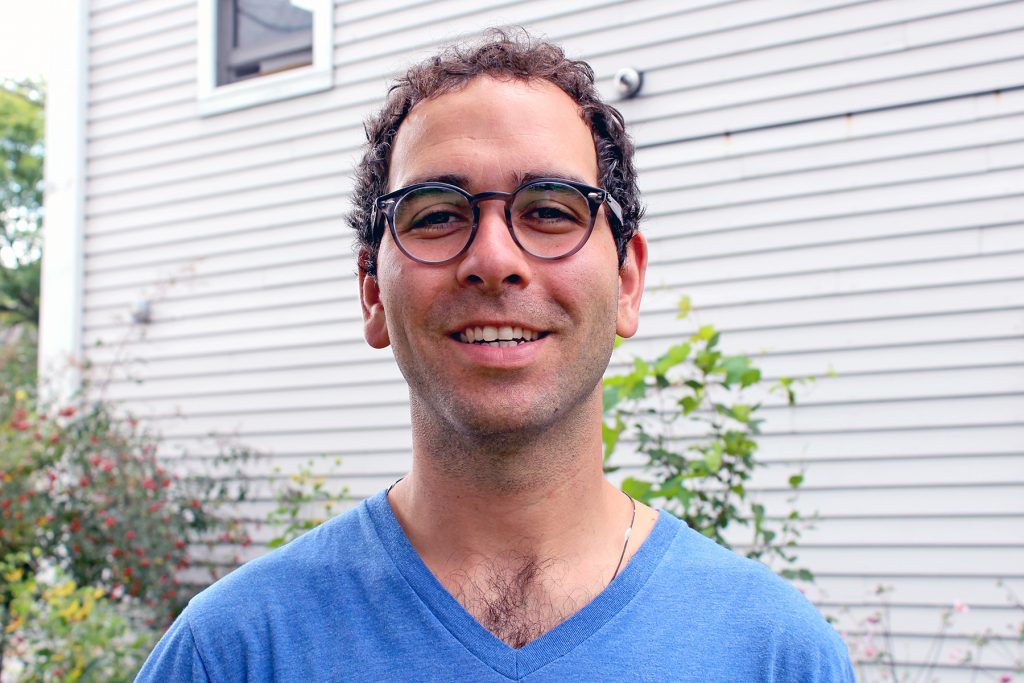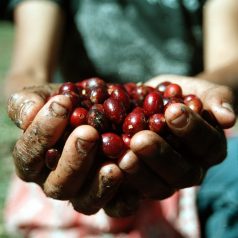
Reflections on a Coffee Field Trip
This September, I had the privilege of representing our co-op at the Vermont Partners Gathering at Equal Exchange. The two-day event, held at their national headquarters in West Bridgewater, Massachusetts, brought together managers and staff from three Vermont food co-ops with an aim on learning about the work and products of Equal Exchange—a worker-owned co-op of over 30 years—and collaborating with our peers from the Green Mountain state. MNFC carries many of Equal Exchange’s fairly-traded and organic products, including whole bean and ground coffee, chocolate, bananas, and avocados.
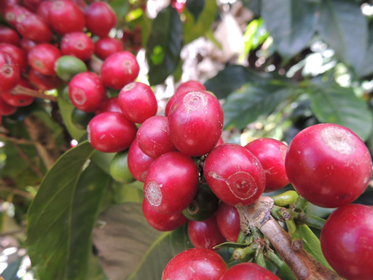
The Gathering was jam-packed with fascinating people and presentations. We toured their roasting facility where they roast coffee cherries from 26 different small-farmer co-ops in 12 countries. They buy 99% of their coffee directly from the farmers, which number 20,000 in Latin America alone! We learned about their rigorous screening process from “seed to cup, ” or from the farm all the way to the cupping lab where 30-40 cups are tested every day to ensure quality and consistency (I know a few folks who would LOVE that gig.) We engaged with the Co-Executive Directors, Coffee Quality Manager, Head Roaster, Action Forum community organizers, and many more of their smart, hard-working team. Overall, I had a lot of fun and learned much from the hosts and fellow co-opers that will help me make more informed decisions when buying—be it products for our store or my family.
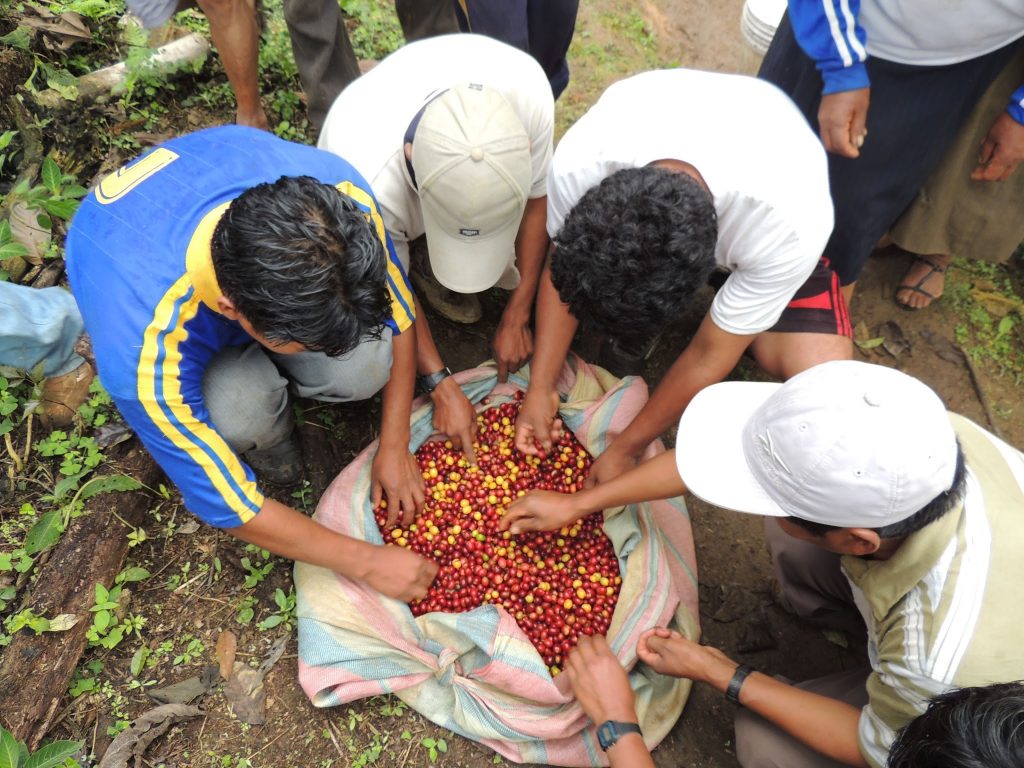
It’s clear this is a great company. From their mission which focuses on building “long-term trade partnerships that are economically just and environmentally sound,” to their “No Buy-Out” clause (it’s against their organizational by-laws to sell out to a larger corporation) I feel great about having Equal Exchange products in my home and helping to sell them in our store.
Along with delicious, seemingly infinite helpings of coffee, we sampled their organic and fair trade chocolates, tea, dried fruit and nuts, bananas, and even a brand new offering: Palestinian olive oil. This was a treat in and of itself, but when complemented by the stories of the people and work abroad, and even photos of the farmers who grew each product, this experience left me with both a full heart and full belly—and at least a fleeting thought about maybe, possibly, becoming a regular coffee drinker (this was what my wife was hoping I’d come home with: a new habit.) I’m grateful to our co-op—especially our busy bulk department!—for giving me this opportunity to learn more about our food system and to network with like-minded people.
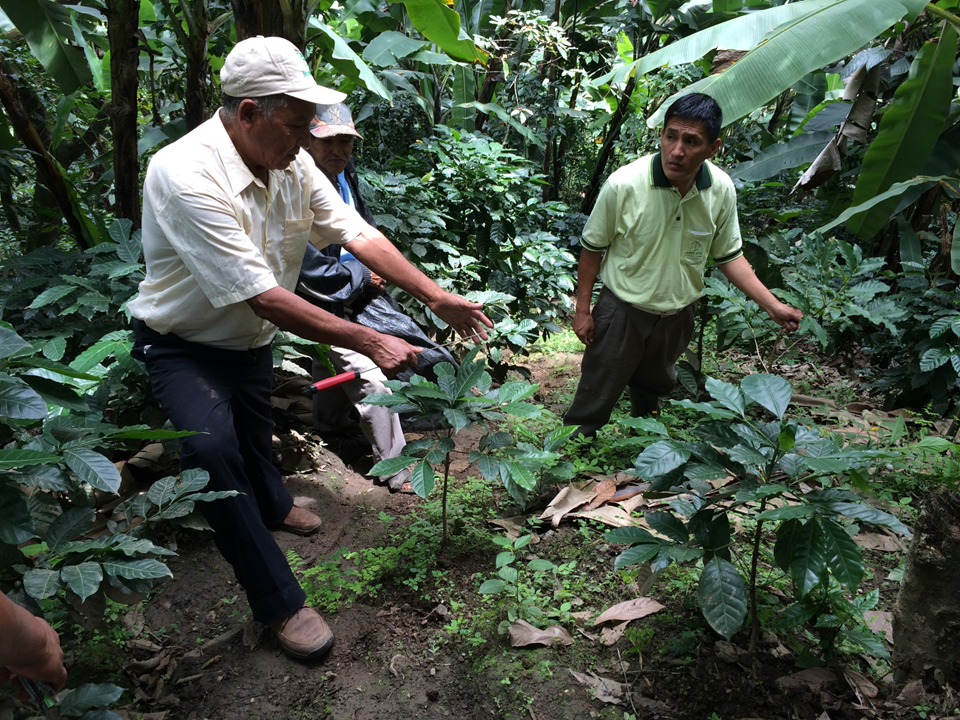
Although I didn’t come back with a new addiction, I did gain a powerful insight on my Willy Wonka-esque trip south of Boston. Like a lot of you, I’m sure, I’ve always struggled with buying food from halfway across the world—bananas, cashews, and chocolate, for example. Fair-trade, organic, or not, the harsh reality is that these products demand a lot of energy to get to me in Middlebury, and I often find myself wondering why I can’t simply let go of exotic fruits and find myself more local nutrition. However, during my time at Equal Exchange, I realized that the same philosophy that leads me to support Vermont berry growers can pretty easily be applied to these Tropical-belt products: where banana trees grow, there are farmers who make their living growing them, and I can actually support their livelihood. On day two of the event, instead of looking at the bunch of bananas in the bowl on the breakfast table as a source of guilt, I began to see all the honest hands that produced it, and moved it, into the bowl. That felt good.
Thanks to Alternative Trade Organizations, I can enjoy all the food benefits of these plants while also feeling good about more of my dollar supporting modest, hard-working people who are doing their part to feed the world while also taking care of the planet. In this global world, that instills a sense of community for me, and it’s a community to which I want to belong. It isn’t perfect—there’s still the problem of carbon emissions—but it’s laying a good foundation for the food system for when we figure out large-scale, sustainable transportation. I have to believe we’ll get there…without polluting our home along the way.
-Larry Montague
